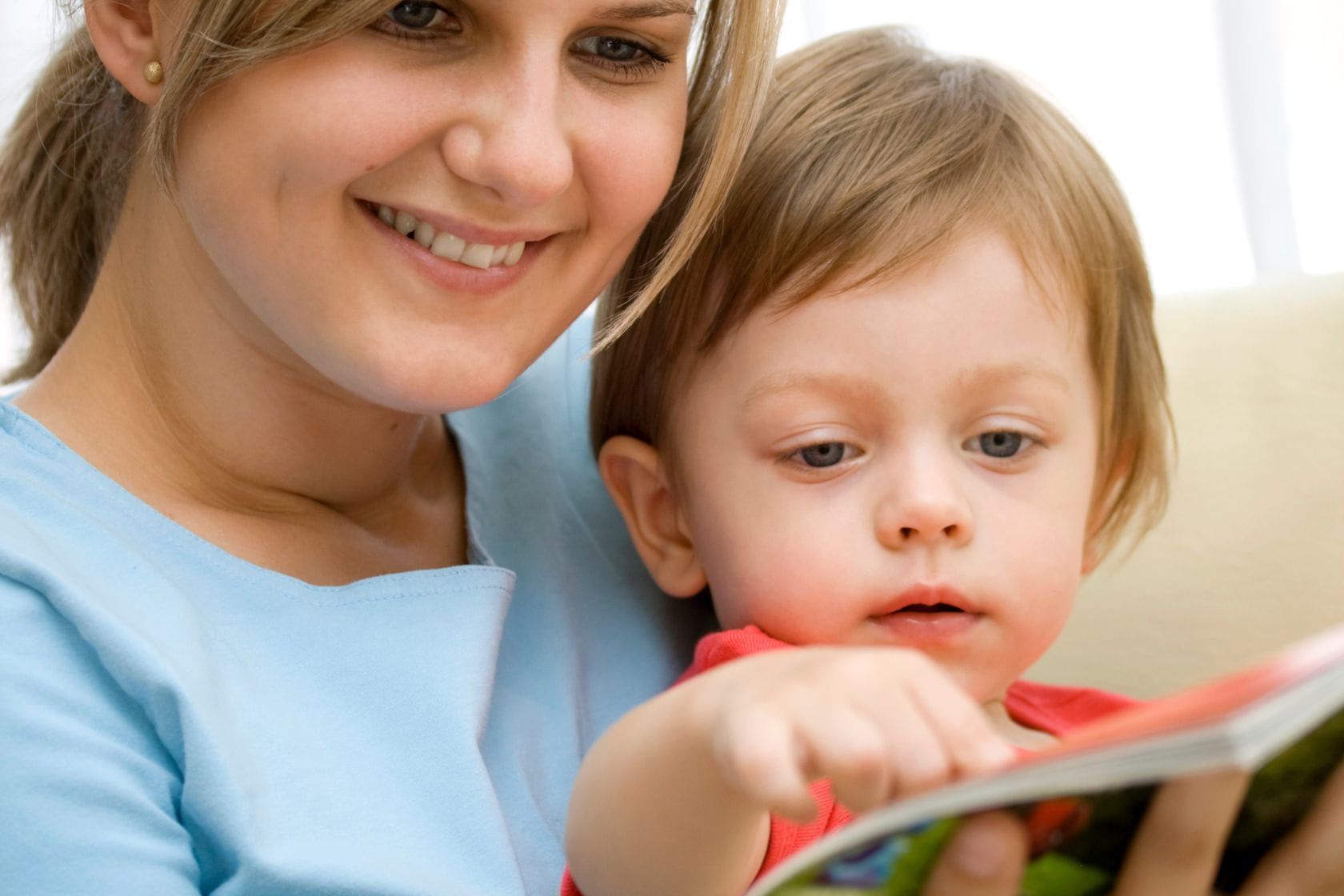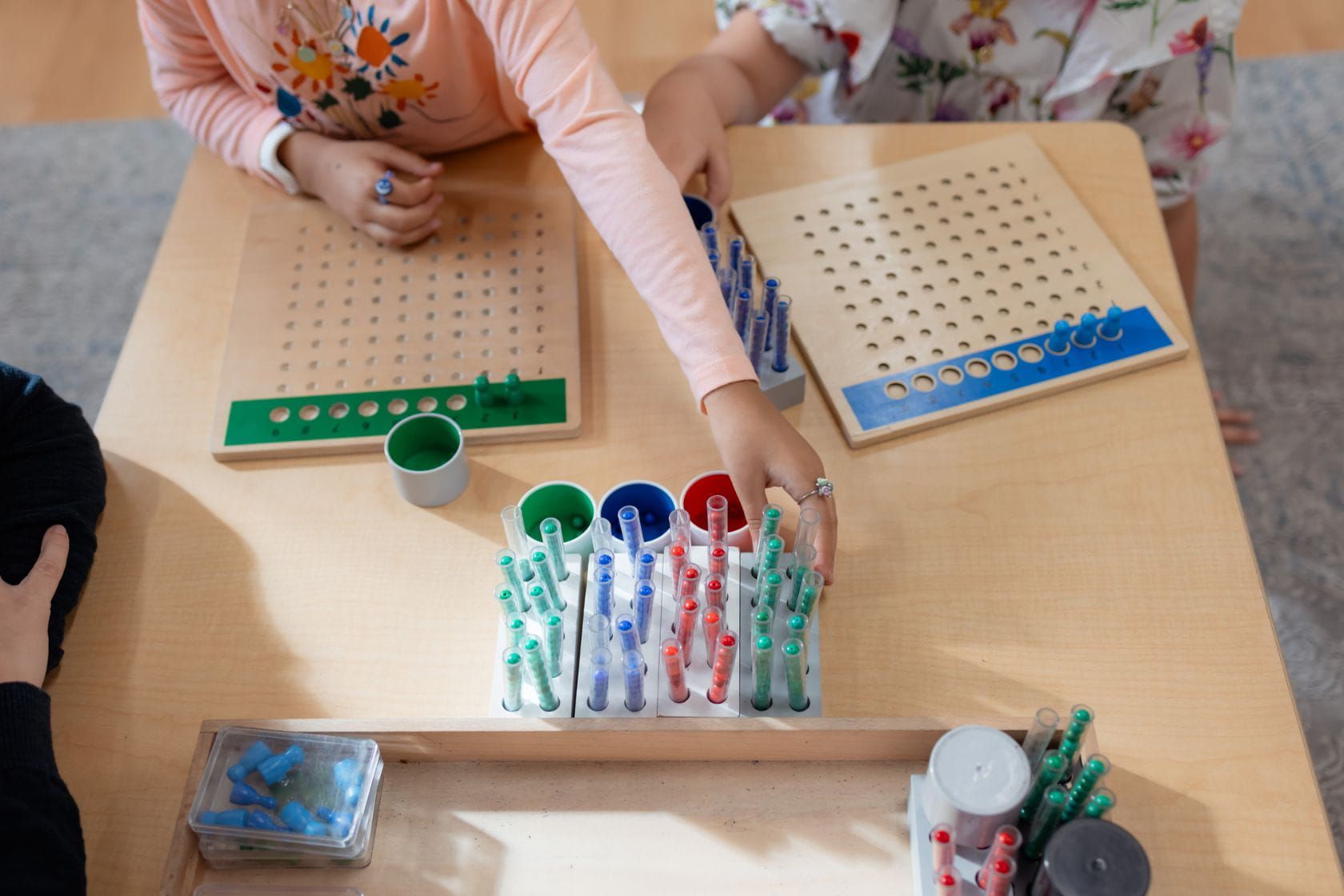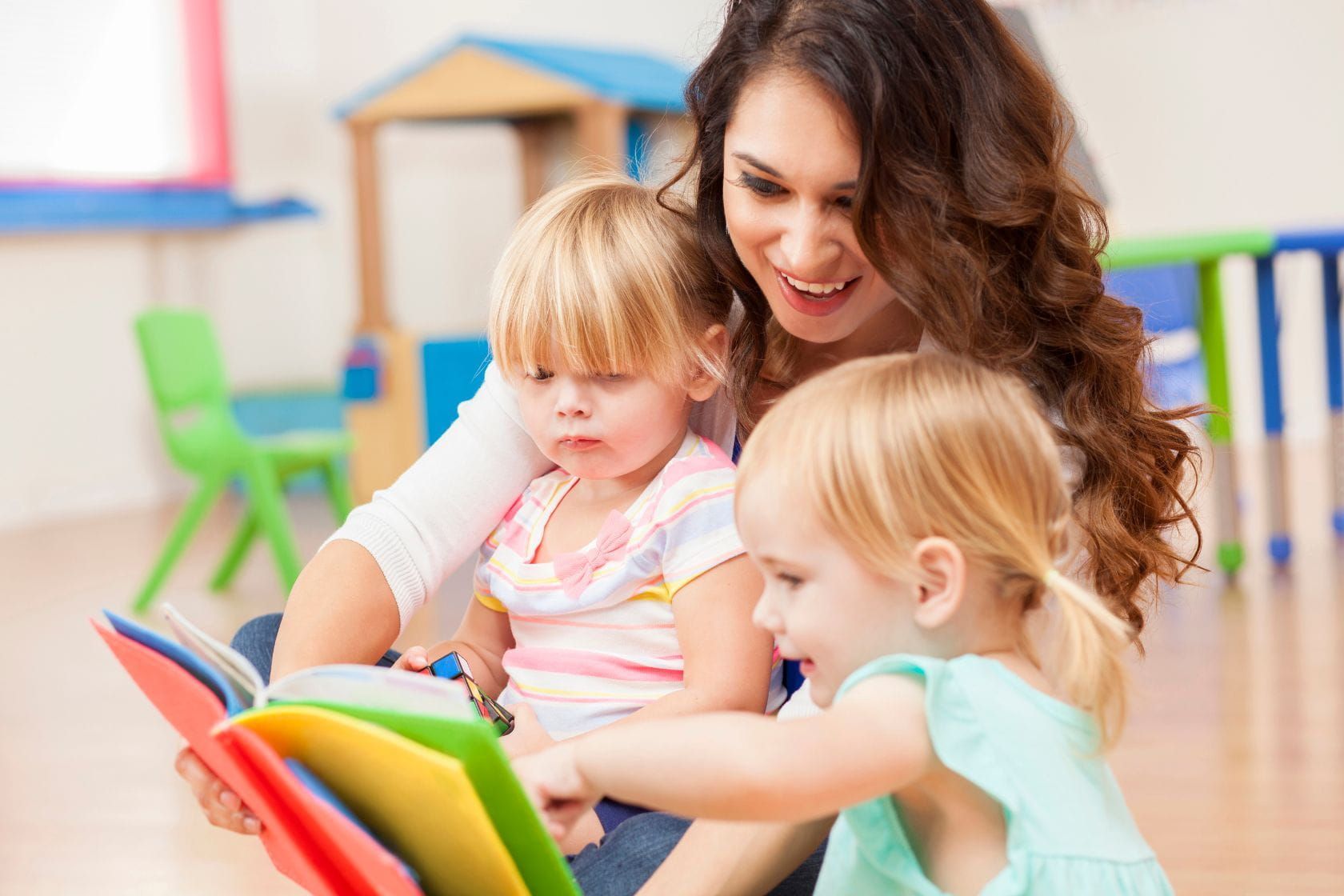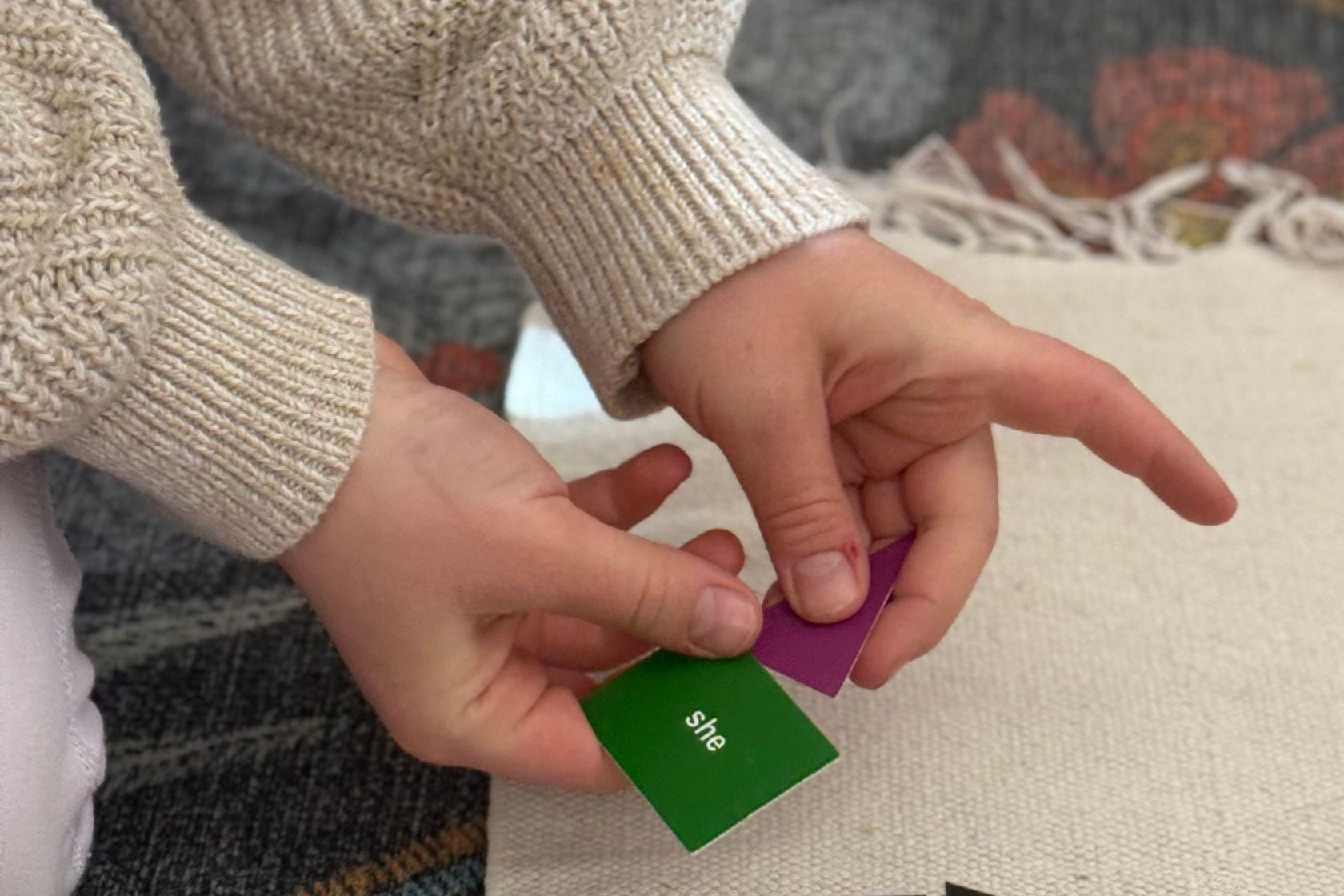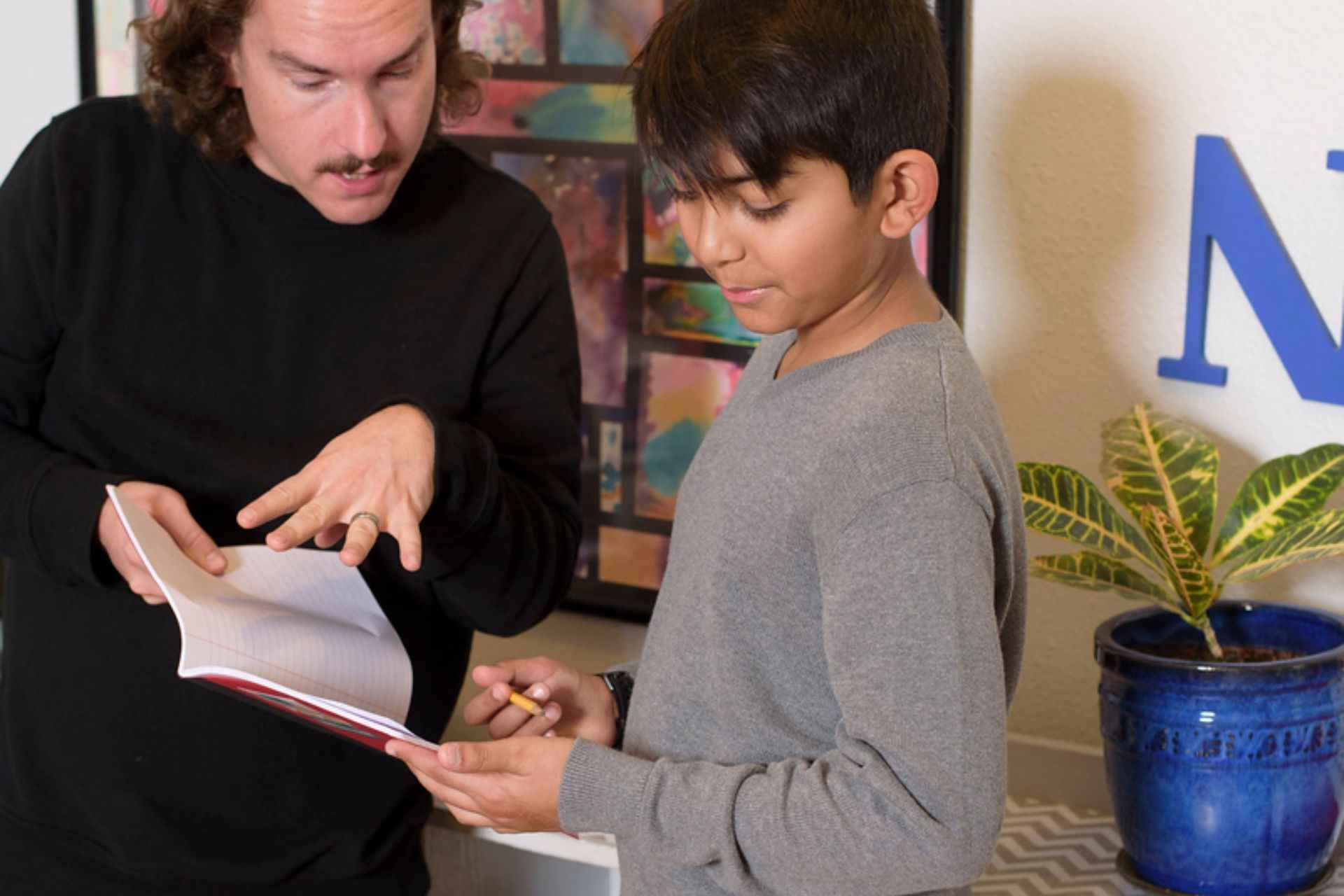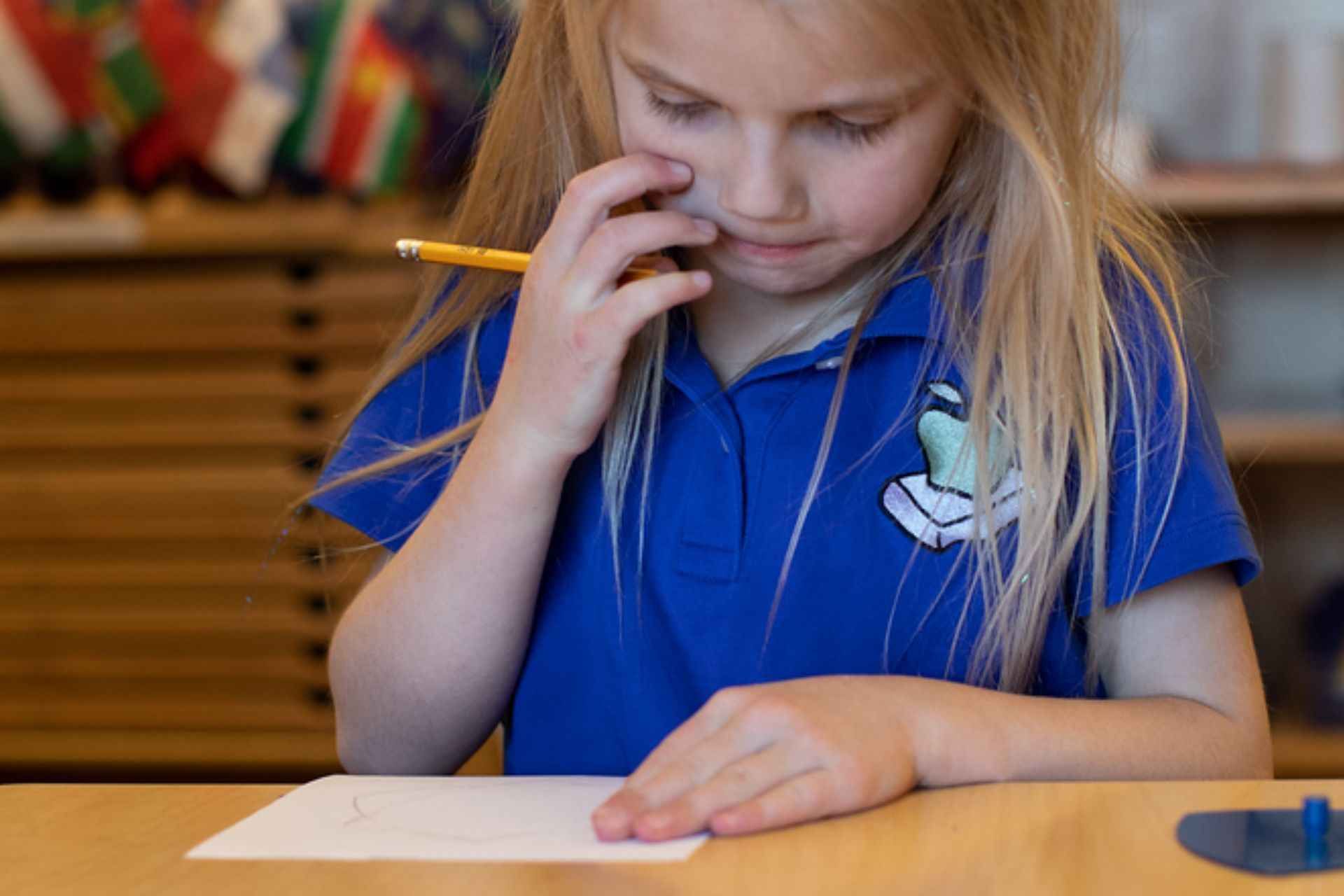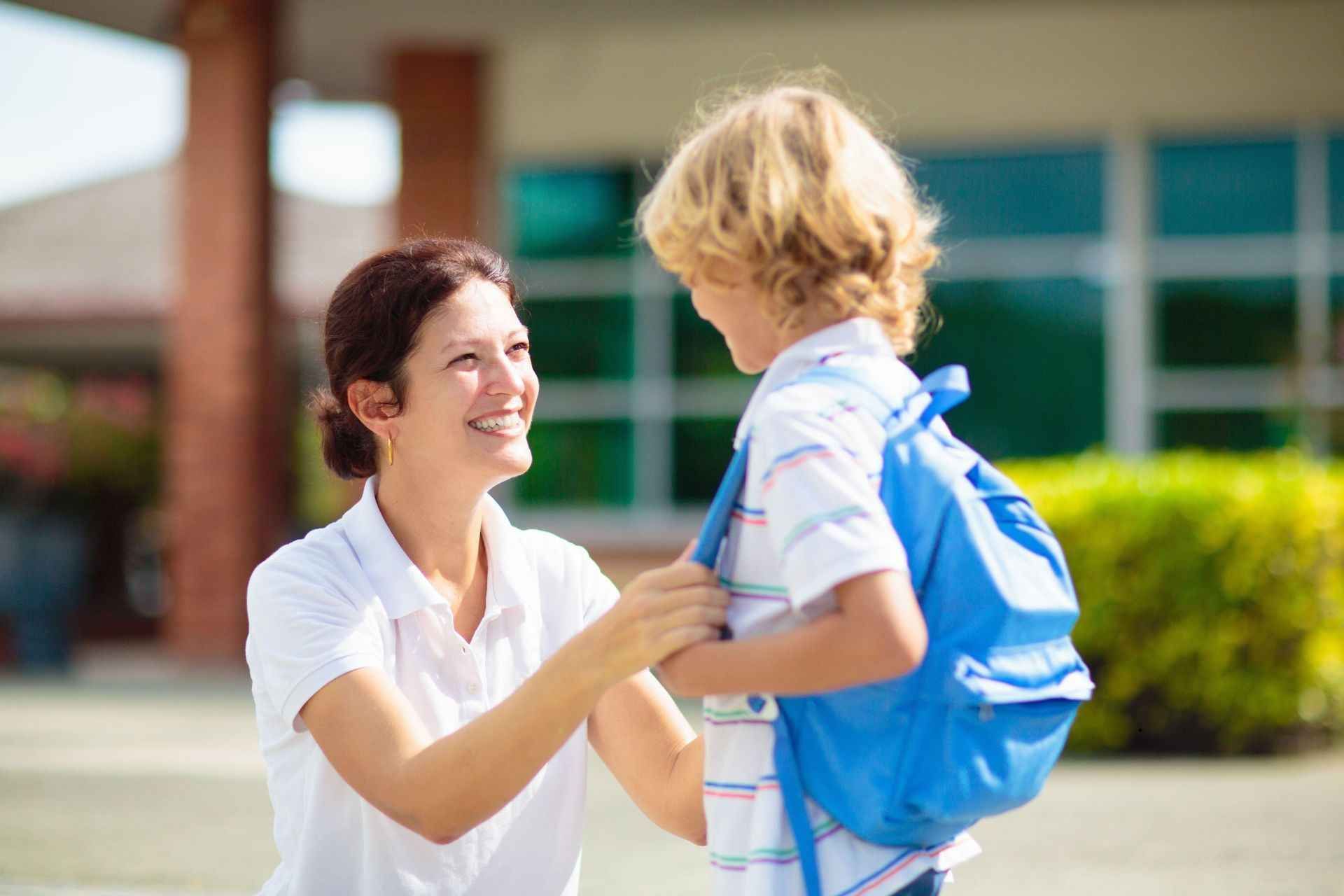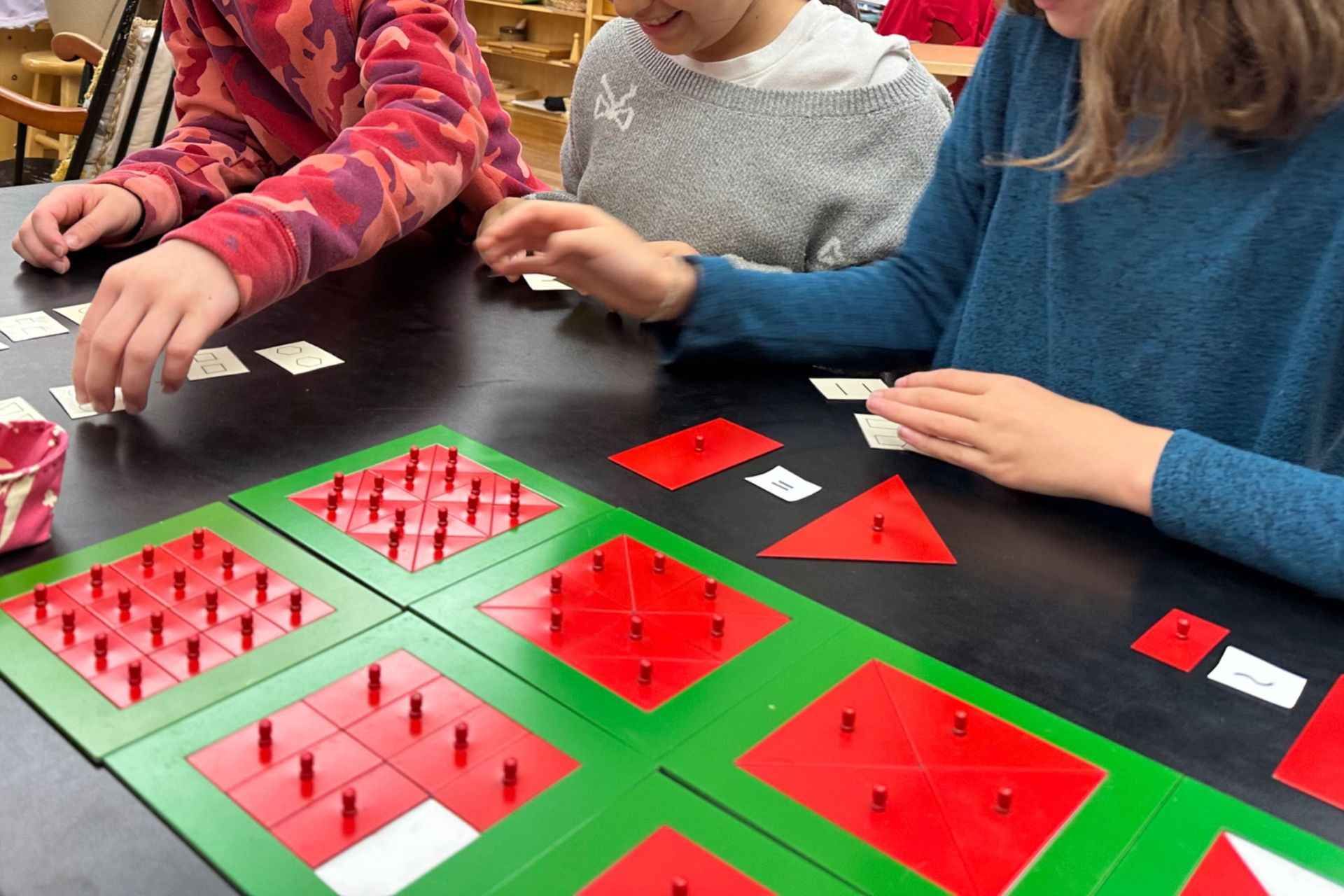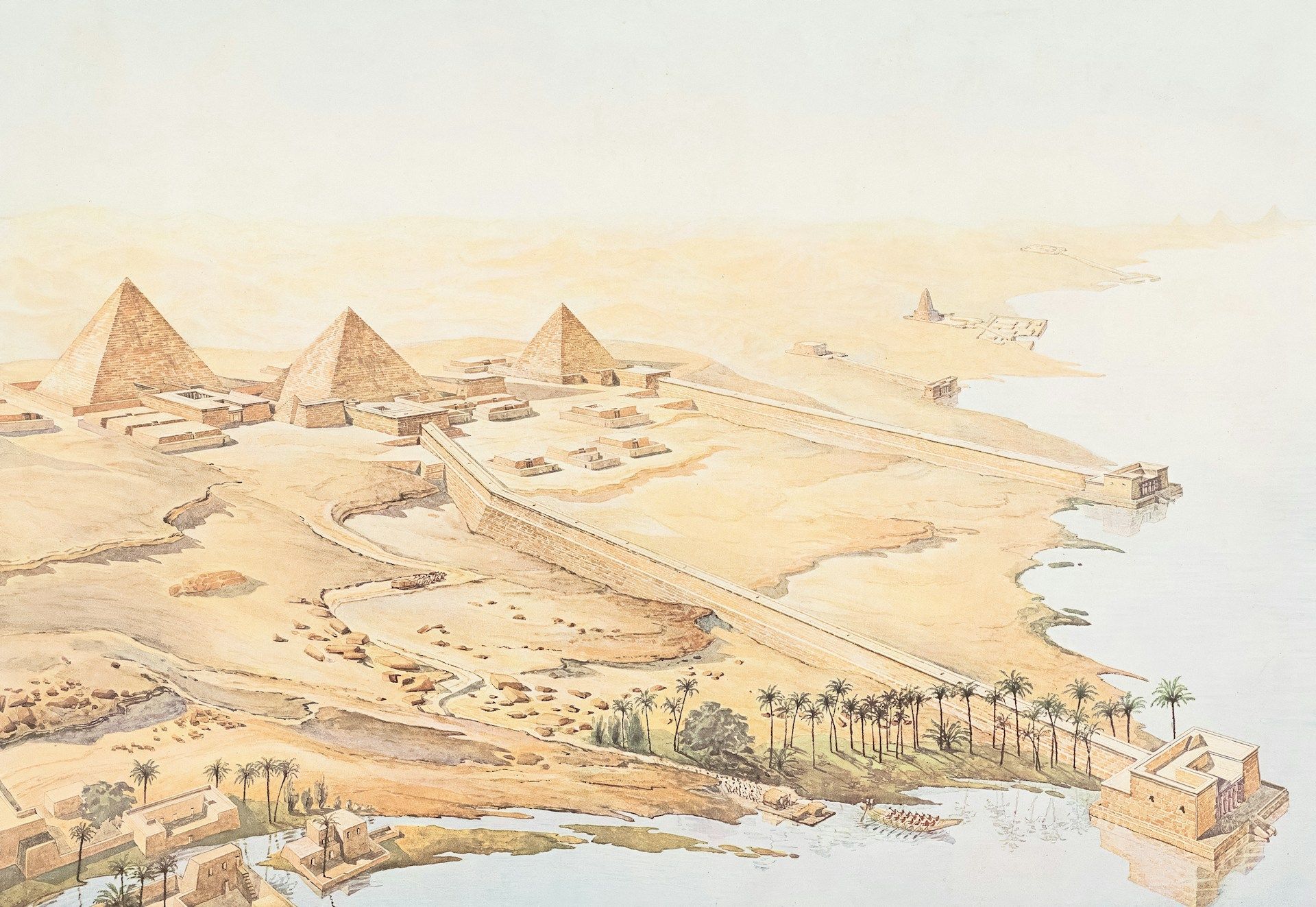Does Montessori Support Creativity?
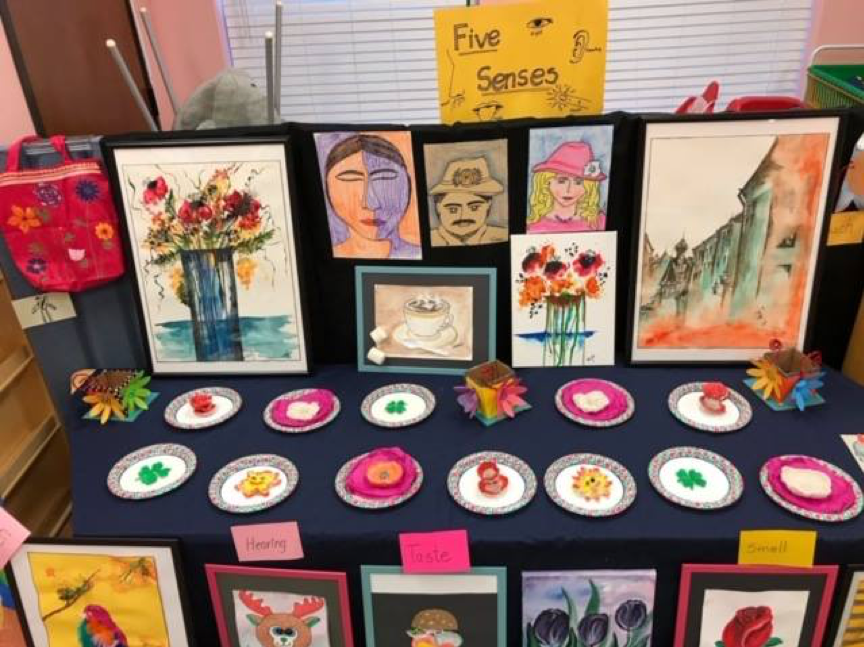
A study published in 2019 was one of a number that have aimed to determine whether Montessori education contributes to creativity in students. While continued research would be beneficial to learning more about whether or not it does, the findings were interesting and we thought you might want to learn about them.
What is creativity?
Creativity is a difficult concept to define, and even more difficult to measure. A general understanding of creativity is that it is the ability to generate independent and novel ideas that can be used to solve problems or create new contributions.
There are a number of traits of the Montessori environment that researchers identified as being potential contributing factors in terms of cultivating creativity. Many of the elements identified have been proven to be supporters of creativity in other studies as well. These factors include:
- Emphasis on independence and choice
- Physical differences in the classroom environment
- Flexibility in regards to time
- Focus on intrinsic motivation
- Opportunities for collaboration
- A sense of control over one’s work and activities
Study methods
The study, which took place over the course of the 2015-2016 school year, utilized data collected from two settings. 77 third graders at a public Montessori school in the United States and 71 third graders in a similar but traditional public school were participants.
There are a variety of evaluations that have been used in academic studies to measure creativity. Most of them focus on either divergent thinking (the ability to form novel ideas) or convergent thinking (the ability to synthesize and combine ideas). The researchers in this study decided to use an assessment that measures both divergent and convergent thinking (the Evaluation of Potential Creativity) in order to obtain a more complete collection of data.
When a child participates in the test, there were three distinct steps:
1.View eight unrelated, random, abstract shapes
and create a drawing that combines them.
2.View eight, unrelated, random, concrete pictures
(such as a carrot) and create a drawing that combines them.
3.Tell a story about each drawing created.
Students were tested and retested with new
images two weeks later in order to obtain a full sample of data.
How does Montessori measure up?
As the authors of this study state, this research adds to the body of existing research and leads us to ask even more questions that might be explored moving forward.
Students in the two settings performed similarly in some areas, but there were two categories that stood out. While the Montessori students performed better overall, it was notable that there were obvious benefits for the male Montessori students. Additionally, the Montessori students performed significantly better on the divergent thinking portion of the assessment.
What does this mean? While this study could be repeated and built upon, there were some indications that a Montessori learning environment does foster creativity, particularly in some areas and for some students. It does add to the overall body of research that suggests Montessori schools aid in supporting creativity in students.
To learn more about Montessori and creativity, please take a few minutes to watch this video. Award-winning Montessori educator Judi Bauerlein discusses the links between Montessori and creativity, highlighting thoughts from famous Montessori graduates and connections between Maria Montessori’s work and what we now know about child development.
Warm regards,
Candice Lin, Director

